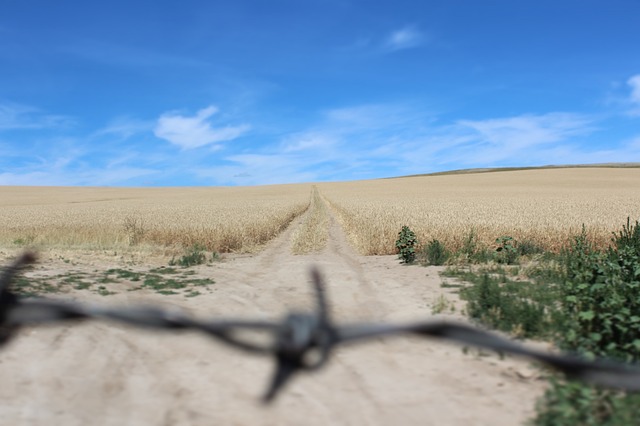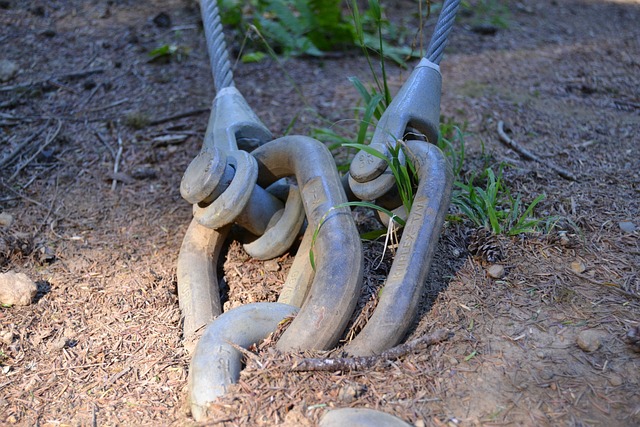Aviator 🏉 Aviator: The Intersection of Innovation and Responsibility in Aviation

Aviator: The Intersection of Innovation and Responsibility in AviationAviator
In an era defined by rapid technological advancement, the aviation industry stands at a crucial crossroads, where innovation must be harmonized with an unwavering commitment to safety and environmental stewardship. The aviator, as a pivotal figure in this landscape, embodies a duality of roles: they are not only skilled technicians adept at navigating the skies but also responsible custodians of the environment and public trust. This report seeks to delve into the evolving role of aviators, examining the profound implications of their work on society and the environment while emphasizing the need for a conscientious approach to aviation practices.
The modern aviator is equipped with a wealth of knowledge that extends beyond traditional flying skills. The advent of advanced technologies, such as automation, artificial intelligence, and data analytics, has transformed the cockpit into a sophisticated environment where pilots must be adept not only at controlling aircraft but also at interpreting complex systems and making real-time decisions. This evolution necessitates continuous education and training, underscoring the importance of professional development in maintaining high standards of safety and operational efficiency.
However, as the aviation industry embraces these technological advancements, it faces growing scrutiny regarding its impact on climate change. The aviation sector is a significant contributor to global carbon emissions, prompting calls for more sustainable practices. Aviators, as frontline operators, play a critical role in this transition. An increasing number of pilots are advocating for more environmentally responsible flying techniques, such as optimizing flight paths, reducing fuel consumption, and promoting the use of sustainable aviation fuels. This shift not only helps mitigate the environmental impact of flying but also fosters a culture of responsibility within the industry.Aviator

Moreover, the role of aviators extends beyond the technical aspects of flying; they are also ambassadors of public trust. Passengers place their safety in the hands of pilots, expecting not just skill but also a deep-seated commitment to their well-being. This responsibility is magnified in the context of global crises, such as the COVID-19 pandemic, which has challenged the aviation sector to adapt swiftly to new health protocols while ensuring the safety of crew and passengers alike. The resilience demonstrated by aviators during such times reveals the human aspect of their profession, showcasing their dedication to serving the public.
In addition to these responsibilities, aviators must also navigate the complexities of an increasingly globalized world. The international nature of commercial aviation means that pilots often operate in diverse regulatory environments, requiring a nuanced understanding of varying safety standards and operational protocols. This necessity for cross-cultural competence highlights the importance of collaboration and communication among aviators, airlines, and regulatory bodies. Establishing a cohesive global aviation framework that prioritizes safety and sustainability is essential for fostering trust and ensuring the industry's long-term viability.
Furthermore, as the industry looks toward the future, the integration of electric and hybrid aircraft presents both challenges and opportunities for aviators. These innovations hold the promise of reducing emissions and operational costs, but they also require pilots to adapt to new technologies and operational procedures. The transition to a more sustainable aviation model will demand a concerted effort from all stakeholders, with aviators at the forefront of this transformation. Their willingness to embrace change and advocate for sustainable practices will be instrumental in shaping the future of aviation.
In light of these developments, it is imperative that the aviation community invests in the continuous education and well-being of its aviators. Mental health, in particular, has emerged as a critical area of concern, with pilots facing unique stressors and pressures associated with their profession. Fostering a supportive environment that prioritizes mental well-being can enhance safety and operational performance, ultimately benefiting the entire aviation ecosystem.Aviator

In conclusion, the aviator stands as a symbol of both innovation and responsibility within the aviation industry. As they navigate the complexities of modern flight, their commitment to safety, environmental stewardship, and public trust remains paramount. By embracing technological advancements while prioritizing sustainable practices, aviators can help chart a course toward a more responsible and resilient aviation future. The journey ahead will undoubtedly be challenging, but with a caring and conscientious approach, aviators can inspire confidence and lead the way toward a brighter, more sustainable horizon for air travel.
Fale conosco. Envie dúvidas, críticas ou sugestões para a nossa equipe através dos contatos abaixo:
Telefone: 0086-10-8805-0795
Email: portuguese@9099.com


